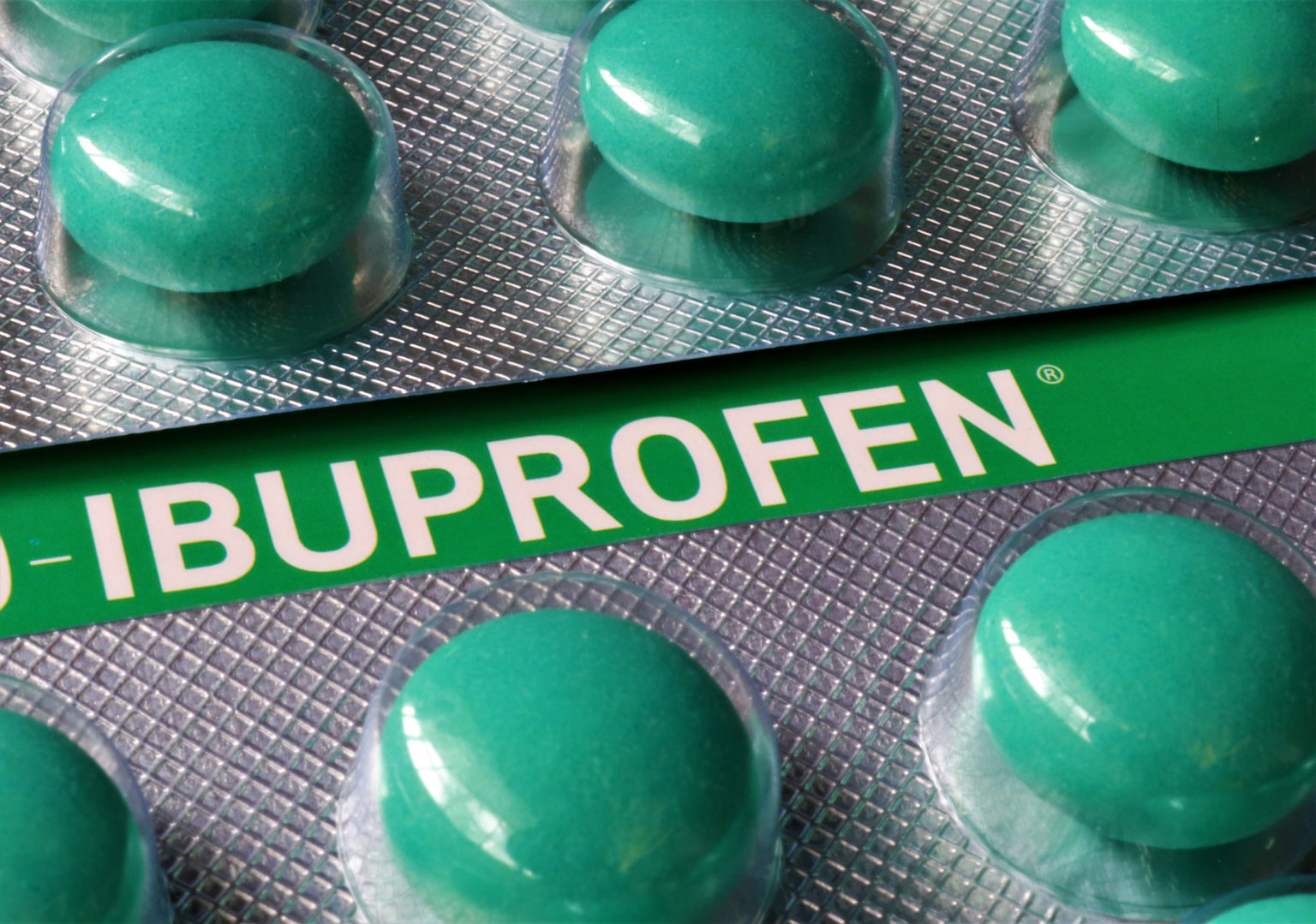
Should you take ibuprofen for TMJ pain? The answer is not as simple as you would think.
Since the temporomandibular joint (TMJ) is just like other joints, it seems straightforward that an anti-inflammatory like ibuprofen would be a good TMJ pain relief medication. The problem is that TMJ pain can be different in source and origin than ordinary joint pain.
Here we explore the situations where ibuprofen can be used as an effective TMJ pain relief medication.
Finding the best TMJ pain relief medication is tricky because there are so many different causes of jaw pain. Ibuprofen is a good choice in cases where there is TMJ inflammation, but there are other sources of jaw pain to consider. Here are the most common sources of TMJ pain:
Ibuprofen belongs to the nonsteroidal anti-inflammatory drug (NSAID) class of medications (also referred to as analgesics). The way that NSAIDs reduce TMJ inflammation is that they block pro-inflammatory chemical mediators called prostaglandins. “Unless there is a contraindication, NSAIDs like ibuprofen are our frontline medications for treating most types of TMJ pain,” explains Bradley Eli, DMD, MS an Orofacial Pain Specialist. Below is a list of clinical scenarios where ibuprofen can be effective for TMJ pain relief:
The conditions where ibuprofen has not been shown to be as effective for jaw pain are:
For appropriate ibuprofen dosage, side effects, and contraindications, consult the package insert, your pharmacist, or medical professional. Of note, the use of NSAIDs can increase the chance of bleeding and can have serious GI side effects.
It is important to control pain as soon as possible in the event of acute injury or TMJ flare-up, according to Dr. Eli. Short term use of Ibuprofen or other NSAIDs can reduce joint and muscle pain from trauma to the head, neck and jaw.
Regarding TMJ pain specifically, no one particular NSAID has shown to be superior to others. Some studies have suggested that ibuprofen should be taken for a minimum of two weeks for best results in treating TMJ pain.
As with the treatment of other joint injuries, the use of medication is only one part of an optimal approach for pain relief. A complete jaw injury protocol will also include the following:
The Speed2Treat® Home Healing Kit is designed to provide a comprehensive approach to treating acute jaw pain and is a good companion to the use of ibuprofen for TMJ pain. Start your journey towards TMJ pain relief with the Home Healing Kit today!
